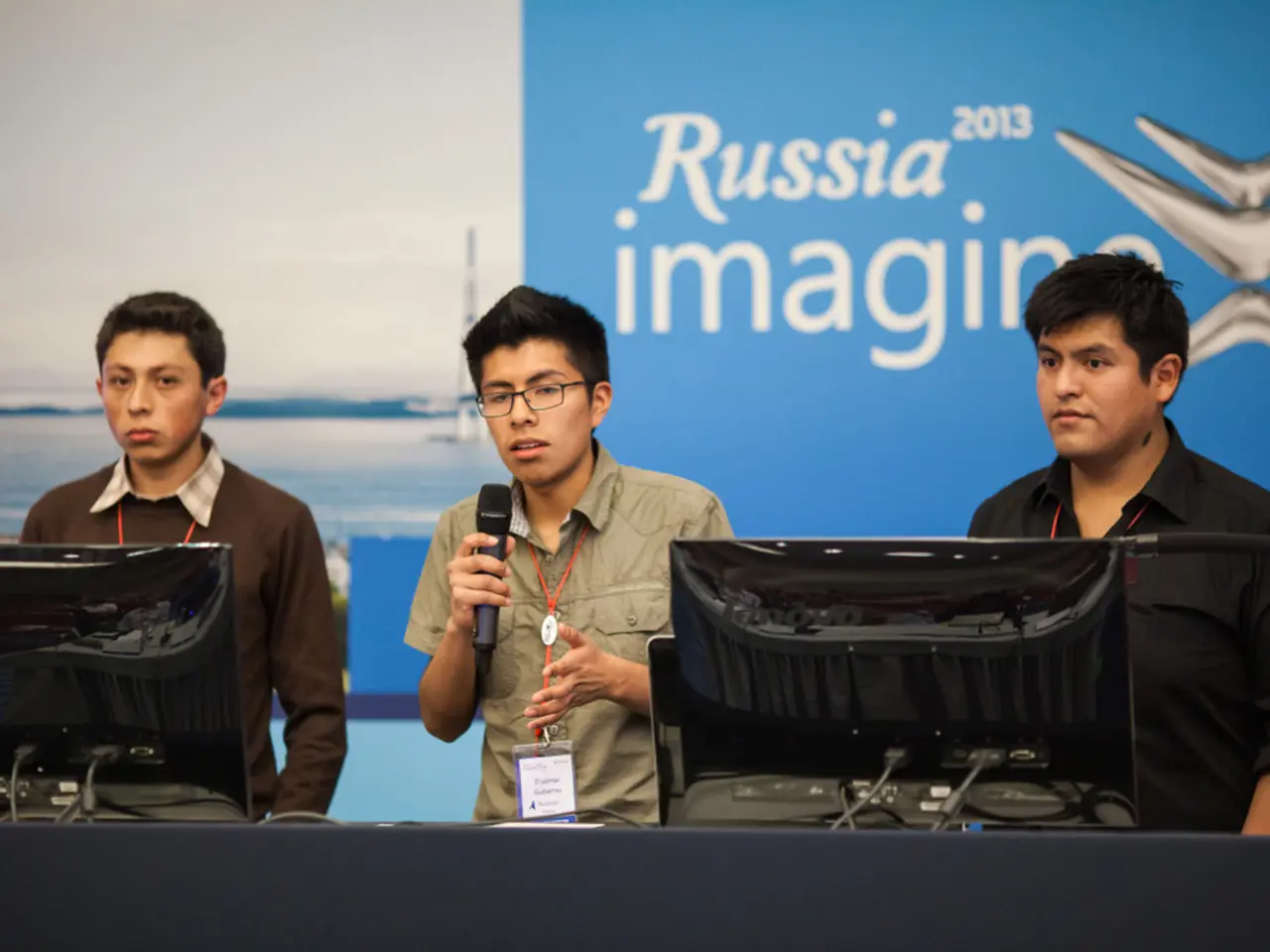Putin and Trump anticipated for high expectations by Siyyarto, as conveyed to Manturov.
The much-anticipated Russia-US summit held in Alaska on August 15, 2025, between President Vladimir Putin and then-President Donald Trump, did not result in a ceasefire or a major breakthrough toward resolving the conflict in Ukraine.
The anticipated agenda for this summit had focused specifically on finding common ground for peace in Ukraine, including the establishment of a roadmap for direct high-level talks between Russia and Ukraine. However, the talks ended without an agreement, reflecting the deep challenges and mistrust that persist.
Regarding the conflict resolution in Ukraine, the summit aimed to discuss potential territorial concessions tied to a ceasefire, but those conditions were not agreed upon. Notably, Ukrainian President Volodymyr Zelenskyy was excluded from the meeting, raising concerns in Kyiv and Europe that any deal might involve Ukrainian territorial compromises unfavorable to Ukraine.
More broadly, expert analyses emphasize that peace remains distant, and significant obstacles, including issues such as prisoner exchanges and mutual concessions, must be overcome before meaningful progress can be made.
On the topic of economic projects in the Arctic, no clear indications from the summit or the available sources suggest that Arctic economic initiatives were a substantial part of the agenda or discussions. The main diplomatic focus was on the Ukraine war and security issues, with no publicly reported commitments or frameworks concerning Arctic collaboration between the U.S. and Russia at this time.
In summary: - The summit’s core agenda centered on Ukraine conflict resolution, specifically seeking a ceasefire and direct talks, but no concrete agreements were reached. - Ukrainian leadership was notably excluded, complicating prospects for a sustainable peace deal. - The summit did not address or reveal plans for economic projects in the Arctic. - Observers suggest the peace process likely requires a longer-term strategy involving tougher sanctions and sustained diplomatic pressure.
Despite the lack of progress, Hungary's Minister of Foreign Affairs and Trade, Péter Szijjártó, held a phone call with Russia's First Deputy Prime Minister, Denis Manturov, vowing to do "everything possible" to prevent Brussels from sabotaging the Alaska summit. Szijjártó, who wrote about the call on his Facebook page, owned by Meta, emphasized that Hungary consistently advocates for a ceasefire and a resolution through negotiations.
Trump has stated that at the meeting with Putin, he will ask him to end the conflict in Ukraine. Russian President's assistant Yuri Ushakov confirmed the meeting. Szijjártó noted that the US-Russia agreement presents a significant opportunity to achieve peace in Ukraine.
[1] The New York Times. (2025, August 16). Russia-US Summit Fails to Resolve Ukraine Conflict. Retrieved from https://www.nytimes.com/2025/08/16/world/europe/russia-us-summit-ukraine.html [2] BBC News. (2025, August 16). Russia-US Summit in Alaska: What Happened? Retrieved from https://www.bbc.co.uk/news/world-europe-58961189 [3] The Washington Post. (2025, August 17). Russia-US Summit in Alaska: What It Means for Ukraine. Retrieved from https://www.washingtonpost.com/world/europe/russia-us-summit-in-alaska-what-it-means-for-ukraine/2025/08/17/b6534068-133d-11eb-b6c7-838990f22b8e_story.html
Read also:
- Court petitions to reverse established decision on same-sex marriage legalization
- Trump's enforcement actions in Washington D.C.: Insights from the political arena
- Chinese Ambassador issues stern message to India regarding Trump's tariffs in midst of escalating trade feuds
- Aircraft collides with another one on the runway during landing at Montana airport, igniting flames








